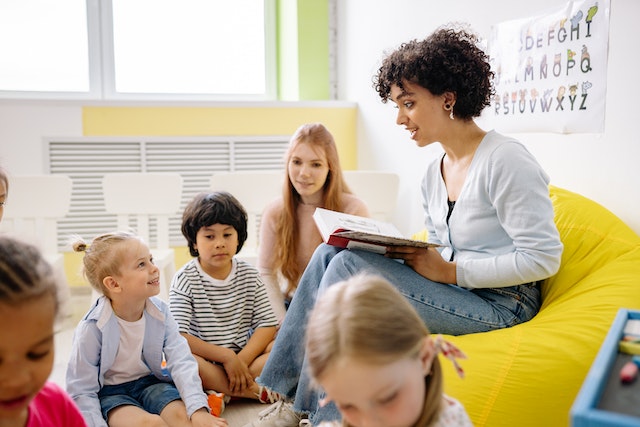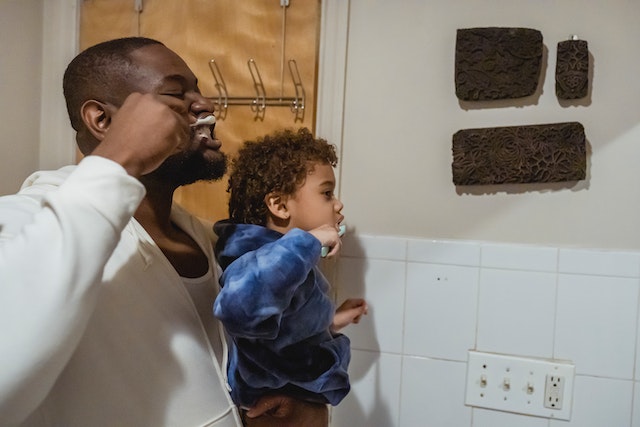Discipline is an essential part of parenting that helps children learn and develop self-control, responsibility, and respect for others.
Discipline tools are the techniques that parents can use to guide and teach their children appropriate behavior and values.
While there are various discipline tools available, some of the most effective ones to raise good kids include positive reinforcement, natural consequences, and active listening.
Positive reinforcement is a powerful discipline tool that involves rewarding and encouraging good behavior.
This can take the form of verbal praise, physical affection, or other incentives that the child finds motivating.
By focusing on positive reinforcement, parents can help their children build self-esteem, develop a sense of pride in their accomplishments, and learn to make positive choices.
For example, if a child completes their homework without being reminded, parents can praise them and offer a small reward, such as extra screen time or a favorite snack.
Natural consequences are another important discipline tool that can help children learn from their mistakes.
This involves allowing children to experience the natural consequences of their actions, rather than imposing punishment or artificial consequences.
For example, if a child forgets their lunch at home, they will experience hunger and discomfort at school.
By experiencing the natural consequences of their actions, children can learn to take responsibility for their choices and make more thoughtful decisions in the future.
Active listening is a discipline tool that involves paying attention to and acknowledging children’s feelings and concerns.
This tool helps children feel heard and valued, which can improve communication and reduce conflict.
By actively listening, parents can better understand their children’s needs and perspective, which can help them provide appropriate guidance and support.
For example, if a child is upset about a conflict with a friend, parents can listen attentively and offer empathy and advice.
In addition to these discipline tools, there are several other strategies that parents can use to raise good kids, including:
Setting clear expectations:
Children need clear expectations and boundaries to guide their behavior.
By setting clear rules and expectations, parents can help their children understand what is expected of them and avoid confusion or miscommunication.
Consistency:
Consistency is key when it comes to discipline.
Parents should be consistent in their approach to discipline and follow through with consequences as needed.
Inconsistent discipline can confuse and frustrate children, making it more difficult for them to learn from their mistakes.
Modeling good behavior:
Parents are role models for their children, so it’s important to model the behavior and values they want their children to adopt.
Parents should demonstrate kindness, respect, and responsibility in their own behavior, and encourage their children to do the same.
Communication:
Communication is essential for effective discipline.
Parents should communicate openly and honestly with their children, and encourage their children to do the same.
By fostering open communication, parents can build trust and strengthen their relationship with their children.
In conclusion,
Discipline is an important part of parenting that can help children learn and grow.
By using discipline tools such as positive reinforcement, natural consequences, and active listening, parents can guide their children towards appropriate behavior and values.
Additionally, setting clear expectations, consistency, modeling good behavior, and communication are other strategies that can help parents raise good kids.
With a combination of these tools and strategies, parents can help their children develop self-control, responsibility, and respect for others.












